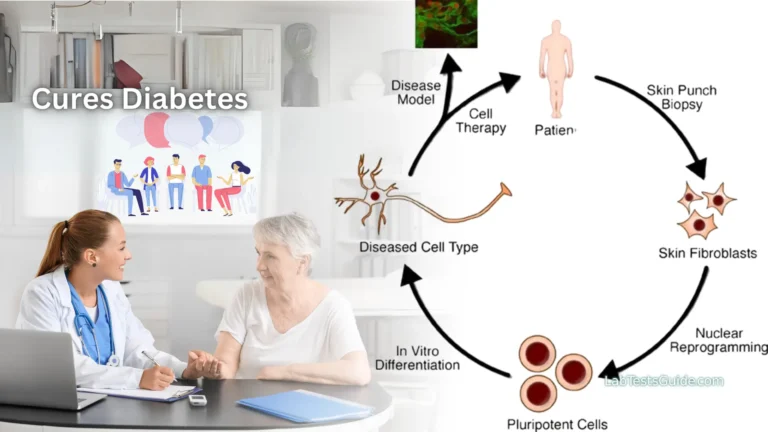Girls face unique health challenges heightened by social norms, especially post-puberty. Over 500 million lack access to menstrual hygiene facilities, contributing to malnutrition and health issues. Regular tests like CBC, iron and vitamin profiles, urine and stool examinations, eye tests, and hormonal workups are vital for monitoring and addressing their health needs. Breaking stigmas and increasing healthcare access is essential for prioritizing girls’ well-being.

1. It is important to take care of girls.

Girls face certain health challenges that are exacerbated by social norms and stigma, especially after reaching puberty. According to a report, more than 500 million girls around the world lack access to the facilities necessary to manage menstrual hygiene. These social stigmas contribute to health problems, leading to other health problems among girls who are often malnourished due to lack of proper nutrition and healthcare facilities. Therefore, increasing access to health services is essential to prioritize girls’ well-being. Below are some recommended tests for girls to monitor their overall health.
2. CBC (Complete Blood Count):

Anemia is common in girls, so a complete blood count (CBC) test is recommended. This test provides important information about the number of red blood cells, white blood cells, and platelets in the blood. A CBC test can uncover a number of health disorders, such as anemia, infections, and immune system disorders. For those experiencing symptoms such as fatigue, weight loss, fever, and weakness, it is especially important to obtain a blood count test for a comprehensive evaluation and possible diagnosis of underlying health problems.
3. Iron Profile:

Iron deficiency can cause diseases such as anemia. Anemia usually occurs when the body does not produce enough red blood cells. These conditions can be treated effectively with appropriate dietary measures, iron supplements, and regular monitoring of iron levels.
4. Vitamin Profile Tests:

A vitamin profile test provides essential information about vitamin D and B12 levels, which are important for good health. Vitamin D deficiency can often lead to severe bone loss, while low levels of vitamin B12 can lead to anemia. Girls who experience muscle weakness, fatigue, bone loss, and pain should monitor their vitamin levels.
5. Urine Examination:

Microscopic urinalysis is a diagnostic procedure that examines the visual characteristics and microscopic elements of urine to detect urinary organisms. Doctors recommend undergoing this test when people have symptoms such as abdominal pain, painful urination, and burning or blood in the urine.
6. Stool Test:

A stool test provides important information by identifying gastrointestinal infections caused by various organisms. It also helps identify the causative agents of foodborne illnesses. If persistent symptoms such as abdominal pain, diarrhea, or fever are experienced, it is important to have a stool test and seek guidance from a healthcare provider.
7. Eyes Test:

Vision is an important sense that acts as a gateway to the world. Having an eye exam helps evaluate potential risks associated with nearsightedness or farsightedness and evaluate the health of the optic nerve and lens. This proactive measure helps minimize potential risks and ensures maximum vision protection. Correcting your vision improves your vision and improves your quality of life.
8. Hormonal Workup:

In case of delayed puberty in girls, a hormonal evaluation test should be performed. This test helps diagnose developmental delays, polycystic ovary syndrome, thyroid function, reproductive health, and adrenal gland activity. Early awareness of your hormonal health helps manage conditions such as menstrual irregularities and hormonal disorders through early intervention and medications, taken after consultation with a doctor to improve overall health.
Possible References Used






